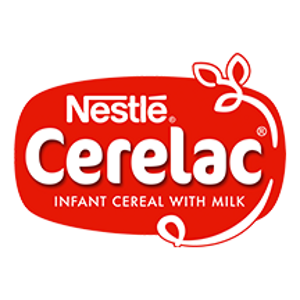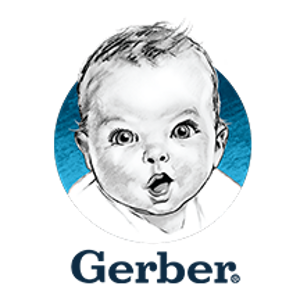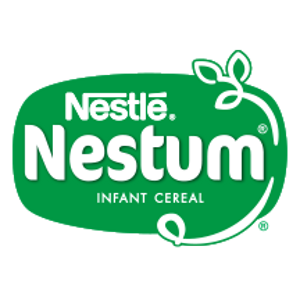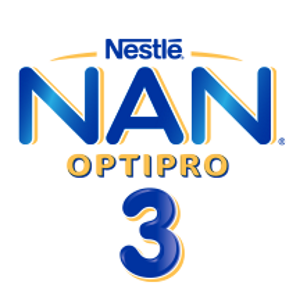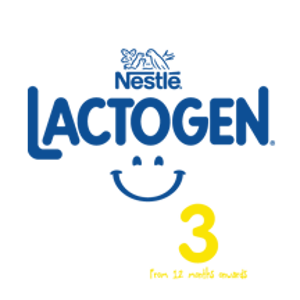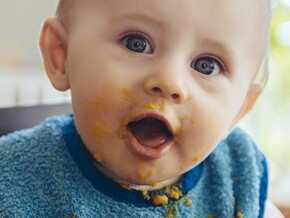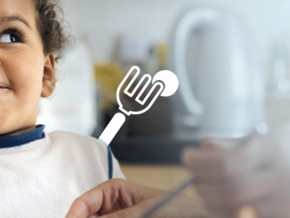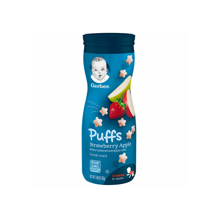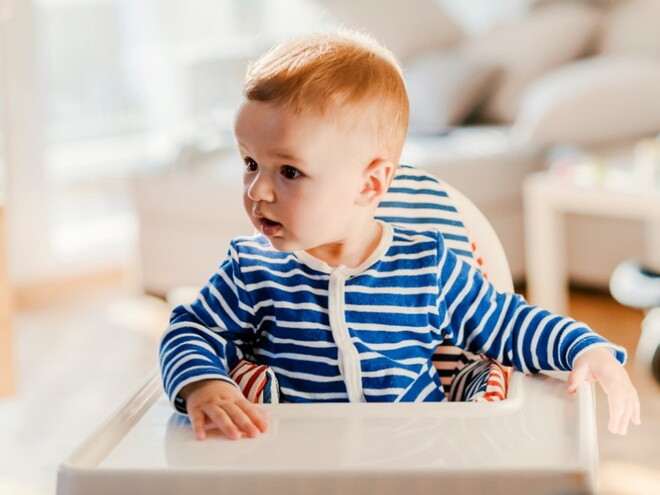
The Vital Role of Language Development for Your Baby
Learn about the vital role of Language development in the life and growth of your baby. Read more about it here.
From those cute babblings to the sweet melody of their first words, watching your baby's language development is like being on a fascinating rollercoaster ride as they grow. Getting the lowdown on how this whole language thing works is crucial for nailing effective communication and building a super tight bond with your kiddo.
In Baby&Me, we dive into the whole language development scene, breaking down the stages of babbling, the pure magic of those first words, and the adorable baby talk. We also come clean on how you, as a parent, play a major role as their language role model. We've got all the inside scoop on creating a talkative environment that boosts your baby's expressive skills.
Importance of Language Development in Children
Language development is like this intricate masterpiece woven into your kid's growth, shaping how they talk, connect, and make sense of the world. It's not just about saying words—it's the key to cognitive, social, and emotional skills.
As your baby picks up language skills, they're also leveling up their thinking, problem-solving, and reasoning game. Expressing thoughts and understanding what's being said sets the stage for future academic success.
Developing language skills is like unlocking the secret code to socializing. Chatting it up with pals, parents, and caregivers helps build social skills and emotional smarts.
Language acts as a powerful tool for your baby to express their emotions. Articulating feelings, desires, and frustrations helps develop a nuanced emotional vocabulary, contributing to emotional regulation and a deeper understanding of themselves and others.
Effective communication becomes a catalyst for enhancing the relationship with your baby, creating a supportive environment for emotional expression, shared experiences, and the nurturing of a secure attachment.
Providing a language-rich environment, engaging in meaningful conversations, and celebrating each linguistic milestone of your child ensures that every uttered word becomes a steppingstone toward a world of limitless possibilities.
Which are the Language Development Stages?
Language development unfolds in distinct stages, each marking a significant stride in the expressive journey. Understanding these stages is vital in recognizing and nurturing your baby’s linguistic prowess.
Prelinguistic Stage
In the prelinguistic stage, which usually unfolds during the first year of life, your little one is laying the foundation for verbal communication. Those adorable coos babbles, and gestures are their way of expressing needs and building connections.
The responsive interactions you share as a caregiver at this stage set the stage for future language skills.
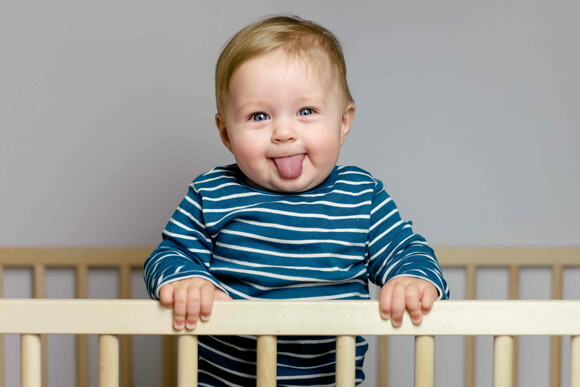
Linguistic Stage
Fast forward to the linguistic stage, where your kid starts dropping their first words, typically around 12 to 18 months. Now they're connecting words with objects, actions, or people in their immediate world.
His vocabulary is growing steadily, and he’s starting to let us in on their desires, emotions, and observations.
Word Combination Stage
As your baby hits the word combination stage, usually between 18 to 24 months, he’s moving from single words to stringing them together into simple sentences.
This phase shows he’s getting a grip on grammar and syntax. Even if their sentences are short, they're conveying more complex ideas and intentions.
Advanced Language Development Stage
Fast forward again to the advanced language development stage, kicking in when your kid hits preschool and beyond, usually after 3 years of age. Now, his language game is getting more sophisticated.
He expands his vocabulary, using fancier sentence structures, and engaging in conversations with more fluency. This stage is all about grasping abstract concepts and expressing intricate thoughts.
It's worth noting that every little one has a personal timeline, so they might breeze through these stages at their own unique pace. And, of course, creating a language-rich environment, keeping communication channels open, and celebrating each linguistic milestone contribute to a supportive atmosphere for the optimal language development of your child.
Speech Development Activities
Engaging in purposeful speech development activities forms a dynamic and enjoyable approach to fostering your child's language skills. These activities not only encourage verbal fluency but also make language acquisition a delightful part of everyday life.
Here are some enriching speech development activities to incorporate into your child's routine:
- Reading aloud: This is a potent catalyst for speech development. Choose a variety of age-appropriate books and engage your child in the world of stories. Pause to discuss pictures, predict outcomes, and ask questions, promoting both vocabulary and comprehension.
- Sing and rhyme: Music and rhymes captivate a child's attention while fostering speech development. Singing nursery rhymes, listening to songs, and creating rhythmic chants provide a playful way for children to explore language patterns and enhance pronunciation.
- Puzzle and board games: Engage in age-appropriate puzzles or board games that involve conversation and collaboration. Discussing game strategies and making decisions together stimulates verbal interaction and strategic thinking.
- Nature exploration: Take nature walks and explore the outdoors. Discuss the sights, sounds, and sensations. Nature exploration not only provides a rich vocabulary but also stimulates curiosity and descriptive language.
By weaving these speech development activities into your child's daily life, you create an environment where language becomes a source of joy, exploration, and connection. These activities not only enhance speech development but also cultivate a lifelong love for language and communication.
As we celebrate the first babble, the emergence of words, and the eloquence of advanced language, we recognize that language is more than a tool for communication—it is the vibrant heartbeat of connection, understanding, and the limitless potential of expression.
In every coo, babble, and sentence, we witness the unfolding narrative of a child's world, where words bridge their thoughts and the shared wonders of human connection.
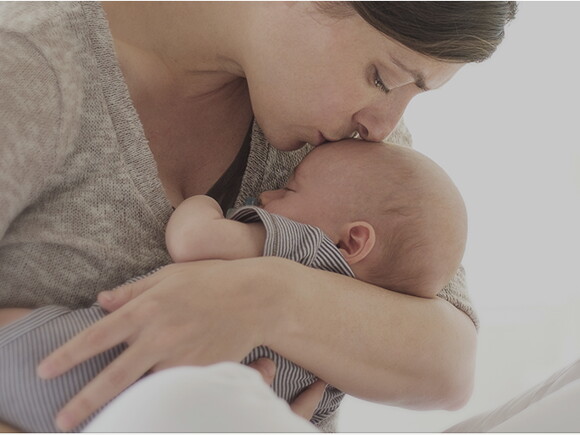
Gain a better understanding of your child's development with the help of our stages


